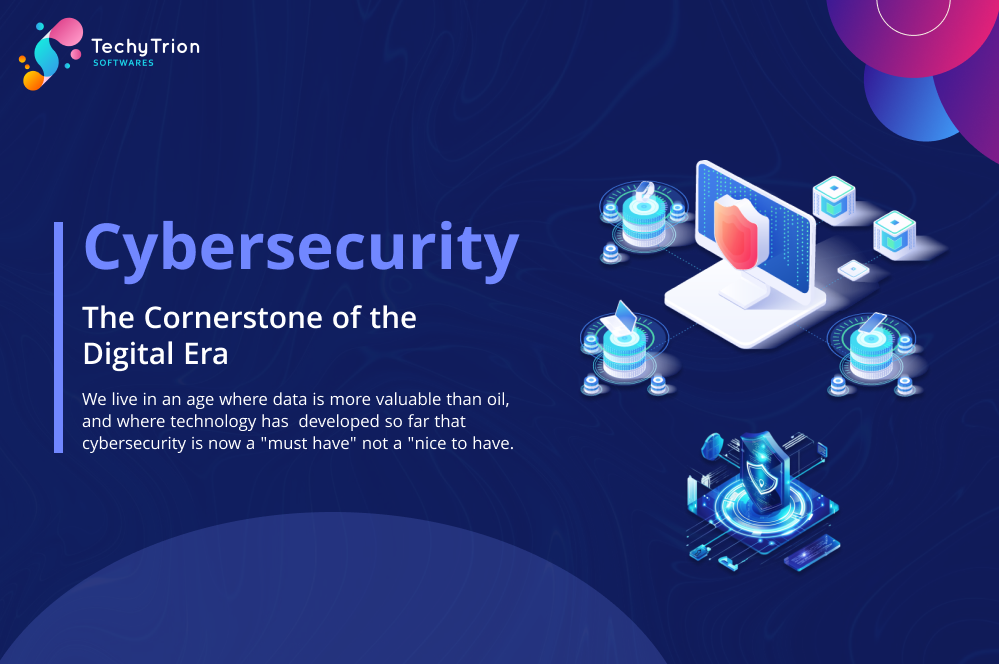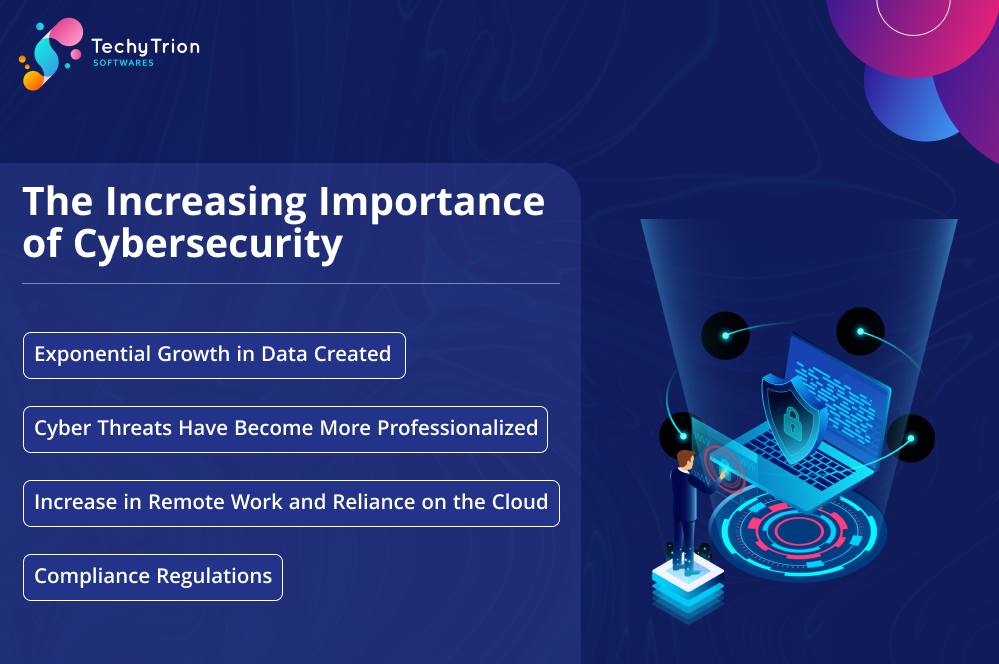
Cybersecurity
The Cornerstone of the Digital Era We live in an age where data is more valuable than oil, and where technology has developed so far that cybersecurity is now a “must have” not a “nice to have.” All digital interactions have a possibility of interception/manipulation – regardless of device, medium, or platform – eg social media or email. Cybersecurity is a convenience therefore a business
necessity a convenience therefore an option userwise and a convenience therefore an area of societal obligation.
What is Cybersecurity?
Cybersecurity is the collection of technologies, processes, and practices, designed to protect computers, networks, programs and data from unauthorized access, damage or attack. It is digital body armor that provide security and protection for your personal identifiable information, financial data, proprietary information, and critical infrastructure for elements of cybersecurity threats.
Put in layman’s terms, we want to preserve the privacy and accuracy of our data and ensure our data is provisioned with the proper authorities.
The Increasing Importance of Cybersecurity
The world continues to embrace digitization and is now experiencing threats at an unprecedented level. Here are the reasons why cybersecurity has become more important than it has ever been:

1. Exponential Growth in Data Created
The ability to now create and produce vast amounts of data on a daily basis, has entered an era of extreme exponential growth. Every interaction worth of data capture, whether it is an app, a website, or a physical interaction with a device, is adding to your digital footprint. In the end, where data comes, so too do those threats.
2. Cyber Threats Have Become More Professionalized
That hacker in a garage you once were afraid of is no longer a professional, the spaces have been totally taken over and it is not playing fair. Organizations conducting cybercrime are now organized entities, with massive funding allowing criminals around the world to join their networks and use artificial intelligence, machine learning, algorithms, proprietary software and even teams of nefarious hackers to defeat security on the industry’s most advanced systems.
3. Increase in Remote Work and Reliance on the Cloud
The pandemic forced ransomware to carry out its business plan in organizations around the world. For many, remote work was a mode of operating that left many organizations exposed not only project-level but, also at the interdependency level of all systems of operation in the passage of all communication of all operational work (e.g.. share information through unregulated networks, personal devices, and unsecured Wi-Fi).
4. Compliance Regulations
Owning and facilitating the user data for organizations is now a matter of law, and not simply ethical practice. The act of not complying with GDPR, HIPAA, CCPA, or other regulations can have very expensive and legal consequences.
Cybersecurity Pillars & Best Practices
Securing digital environments requires a defense baked with layers. Here’s what all organizations and users should do:

1. Strong Password Management
Stay away from using names, birthdays, or anything simple like “123456”. Use password managers and implement two factor authentication.
2. Regular Software Updates
Keep your Operating System, browsers, and applications updated. This way you are fixing known vulnerabilities.
3. Data Encryption
Data should be encrypted in transit and at rest. If the data becomes compromised, an encryption method will be the last line of defense.
4. Cybersecurity Awareness Training
Frequent training with employees and stakeholders on scams, phishing, and secure practices is critical.
5. Firewalls & Anti-Malware Applications
Firewalls monitor, along with blocking suspicious traffic. While anti-virus programs neutralize threats by detecting malicious software or other threats.
6. Regular Backups
Set up automated backups daily or weekly. If attacked with ransomware, you will at least have backups to recover from downtime.
Cybersecurity in Business: More Than Just IT

Cybersecurity is no longer solely the concern of the IT department; it has become a topic for boardrooms.
Loss of Trust Loss of trust can occur in a split second: One single breach can destroy brand credibility that has been built up for years.
Financial Loss It is estimated that global cybercrime will cost $10.5 trillion annually by 2025.
Failure to comply with laws and data regulations ultimately leads to lawsuits or penalties.
Business Disruption Downtime caused by the attack interrupts operational workflow and revenues.
Company-wide cybersecurity investments correlated with fast recovery, improved customer loyalty, and investor confidence in Business.
Final Thoughts
Cybersecurity is no longer an option in our digital world – it is a necessity. Cybersecurity is about being proactive (not reactive). It does not matter how big your organization is – startup, enterprise, individual, big or small; being vigilant is essential to stay secure.





 Book call
Book call



